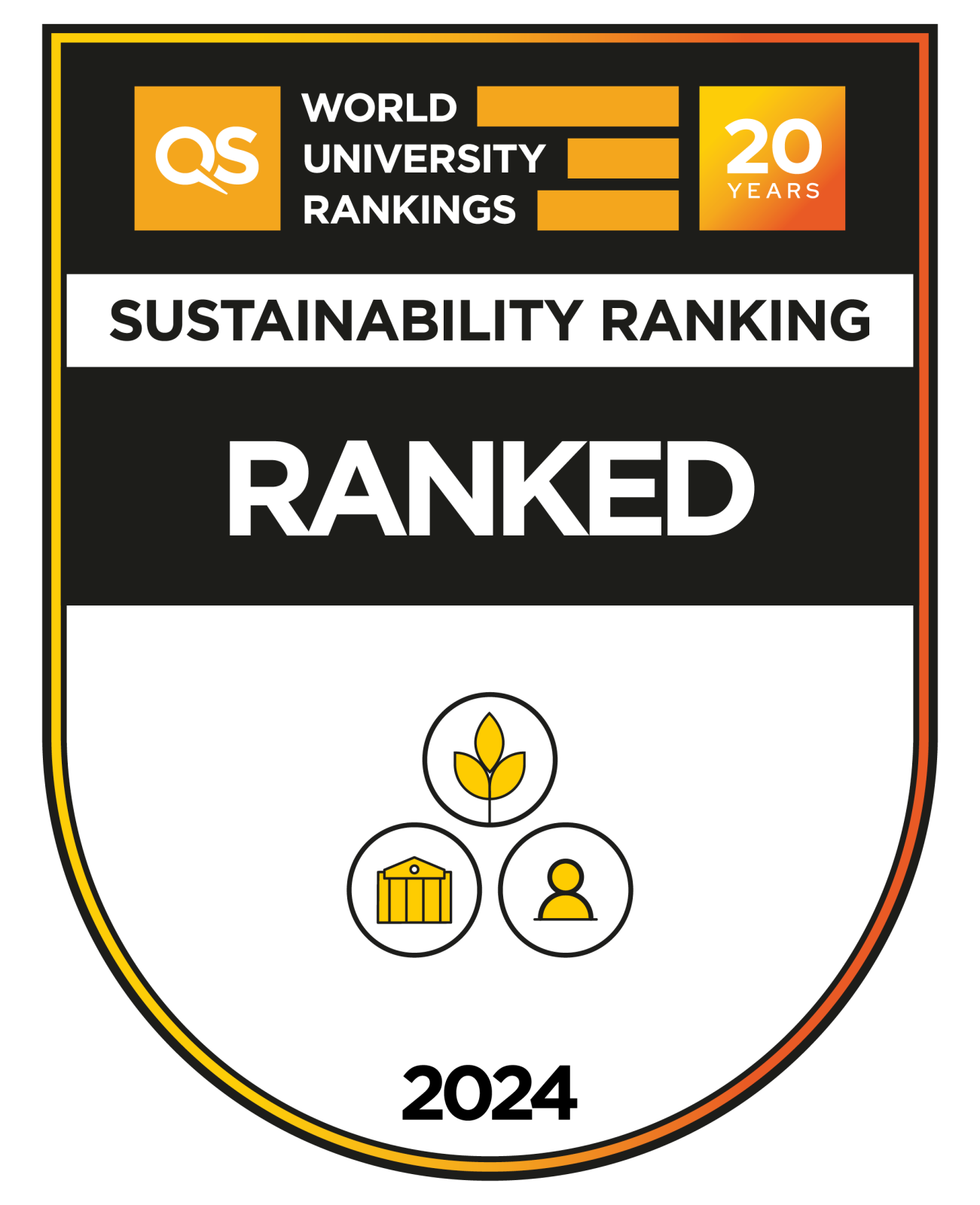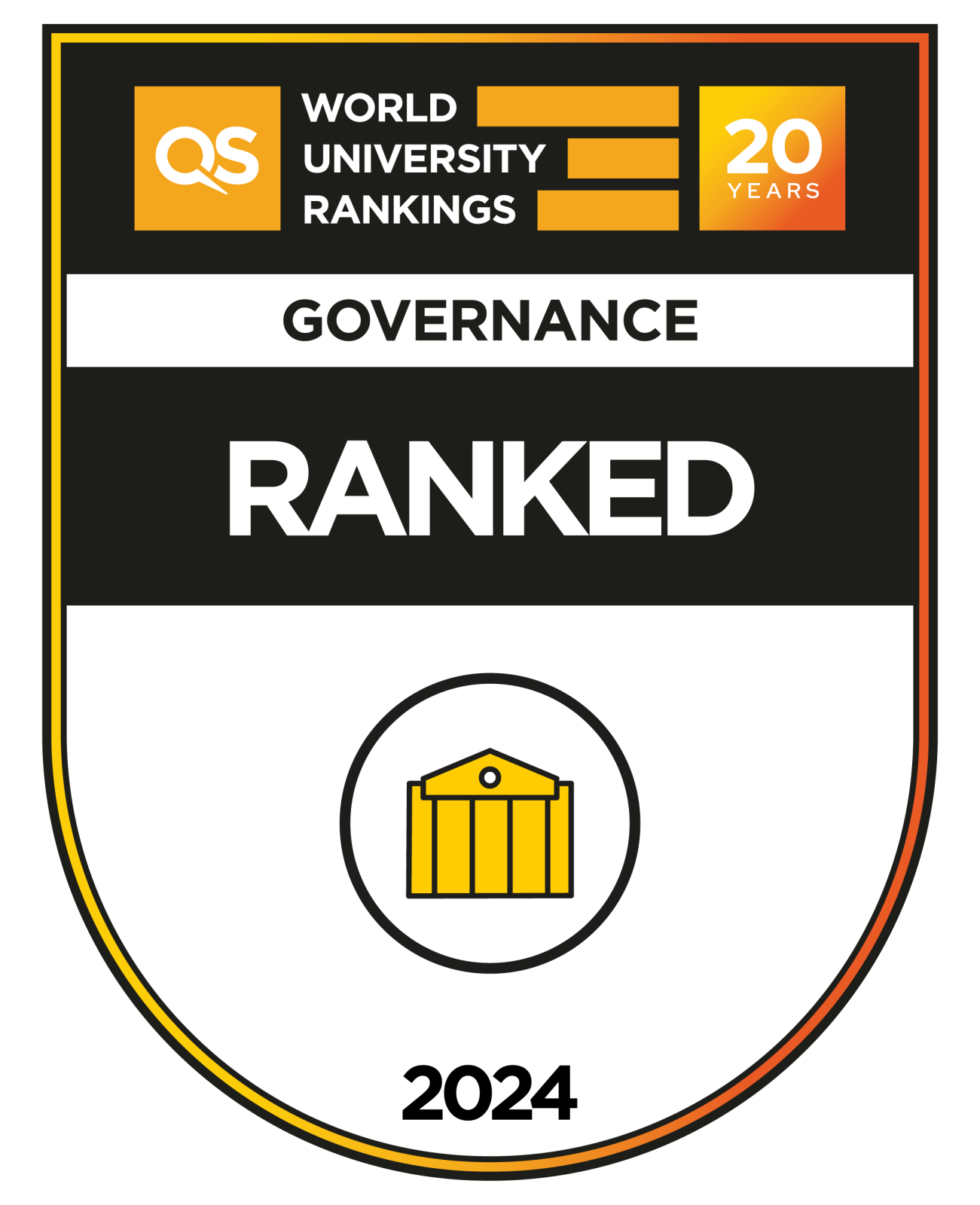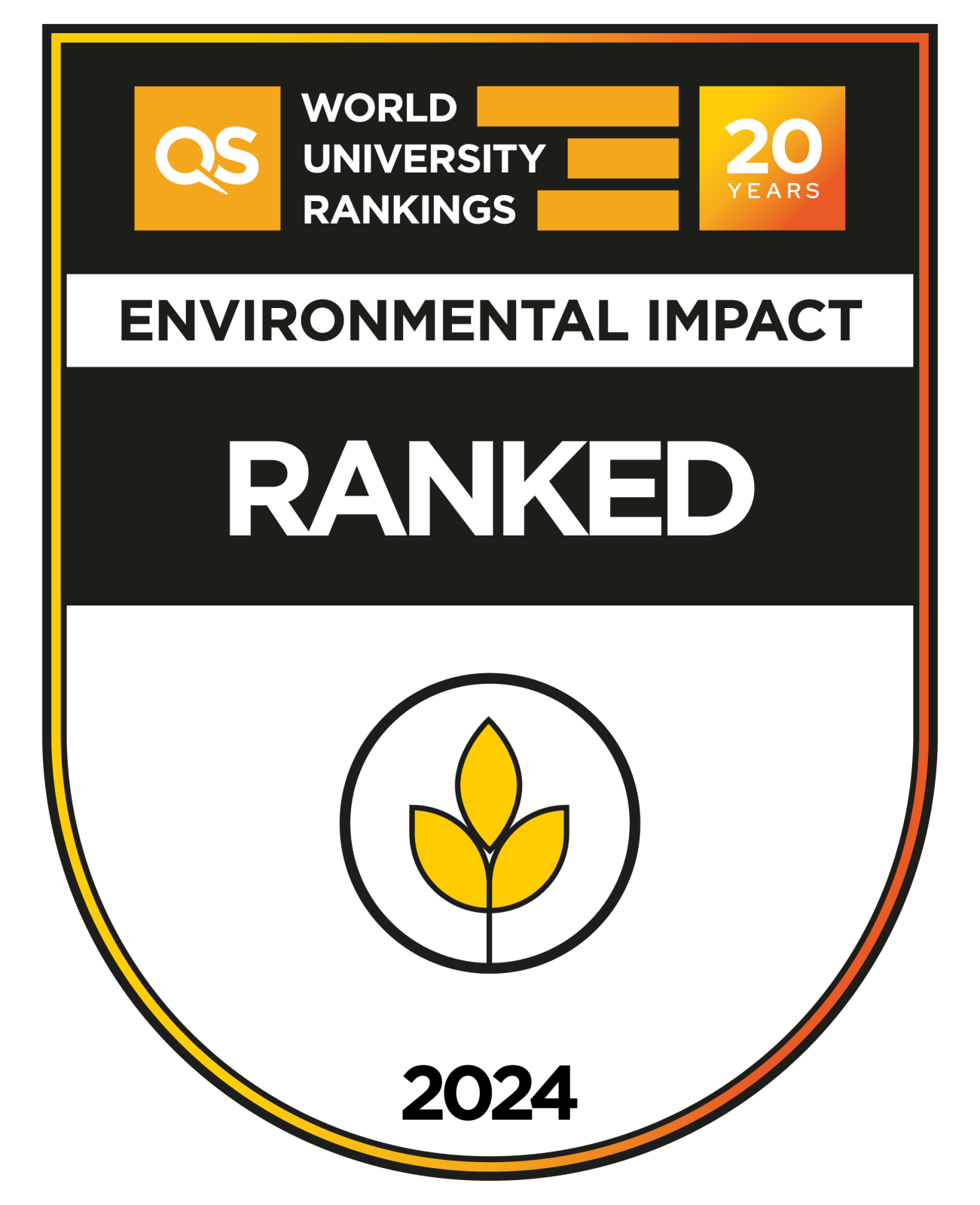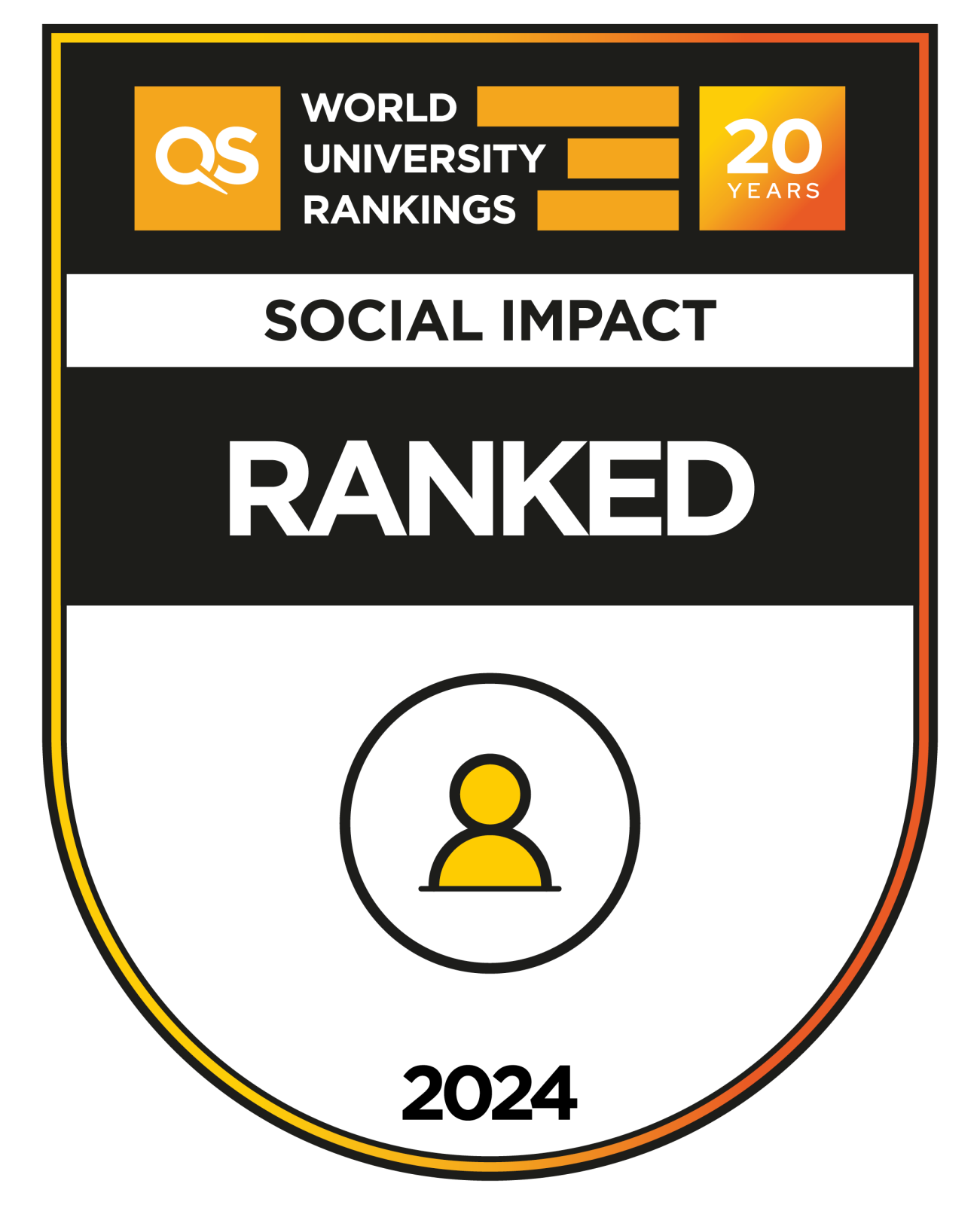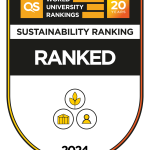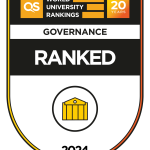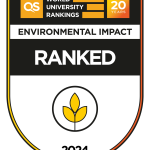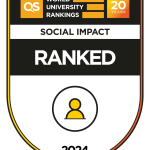
QS World University Rankings: University of Wrocław scored high in the Governance category
The University of Wrocław was ranked 701-710 in the world and 493rd in Europe in the QS Sustainability Rankings 2024. It was also ranked 7th in Poland. The ranking was created last year and this is the second edition of the ranking on the sustainability of universities, and it is the first in which our university was ranked. The University of Wrocław performed best in the Governance category, in which it was ranked 321st in the world and 4th in the country
The list included 1403 institutions of higher education, including 21 Polish universities. First place in the world went to the University of Toronto, second to University of California, Berkeley, and third to The University of Manchester.
The methodology of the ranking is intended to examine the capability of institutions to deal with the world’s most important environmental, social and governance challenges.
The ranking evaluated universities in three categories: Environmental Impact, Social Impact and Governance.
The University of Wrocław performed best in the Governance category, in which it was ranked 321st in the world and 4th in Poland. Only the University of Warsaw, Wrocław University of Environmental and Life Sciences and the University of Gdańsk were ahead of us in this category.
We managed to get a good rank (421st place in the world) for the indicator of Environmental Education (educating on sustainable development), which is part of the Environmental Impact category.
Methodology of the ranking:
Data for the ranking is collected from various sources: information provided by universities, bibliometric data, national statistics, reputation surveys, and from surveys carried out among students.
The Environmental Impact category includes 3 indicators: Environmental Education (providing education on sustainability), Environmental Research (research on the subject of sustainability), Environmental Sustainability (assesses the institution’s strategy and actions towards achieving a sustainable future).
The Social Impact category includes 5 indicators: Employability and Opportunities (which measures employability and the employment situation of graduates), Equality (what equality measures are being taken), Health and Wellbeing (the university’s efforts to improve the health and quality of life of students and the wider community) Impact of Education (the university’s efforts to provide quality education and research), Knowledge Exchange (assesses how institutions collaborate on research between developed and developing regions in sharing knowledge and stimulating educational development).
The Governance category assesses if the institution has implemented Good Governance measures, for example, through open decision-making processes, a holistic ethical organizational culture, the existence of student representation within the university’s governing bodies and financial transparency.
You can read more about the ranking methodology on the QS website. Detailed results of the ranking can be found here.
Translated by Karolina Szmidla (student of English Studies at the University of Wrocław) as part of the translation practice.
